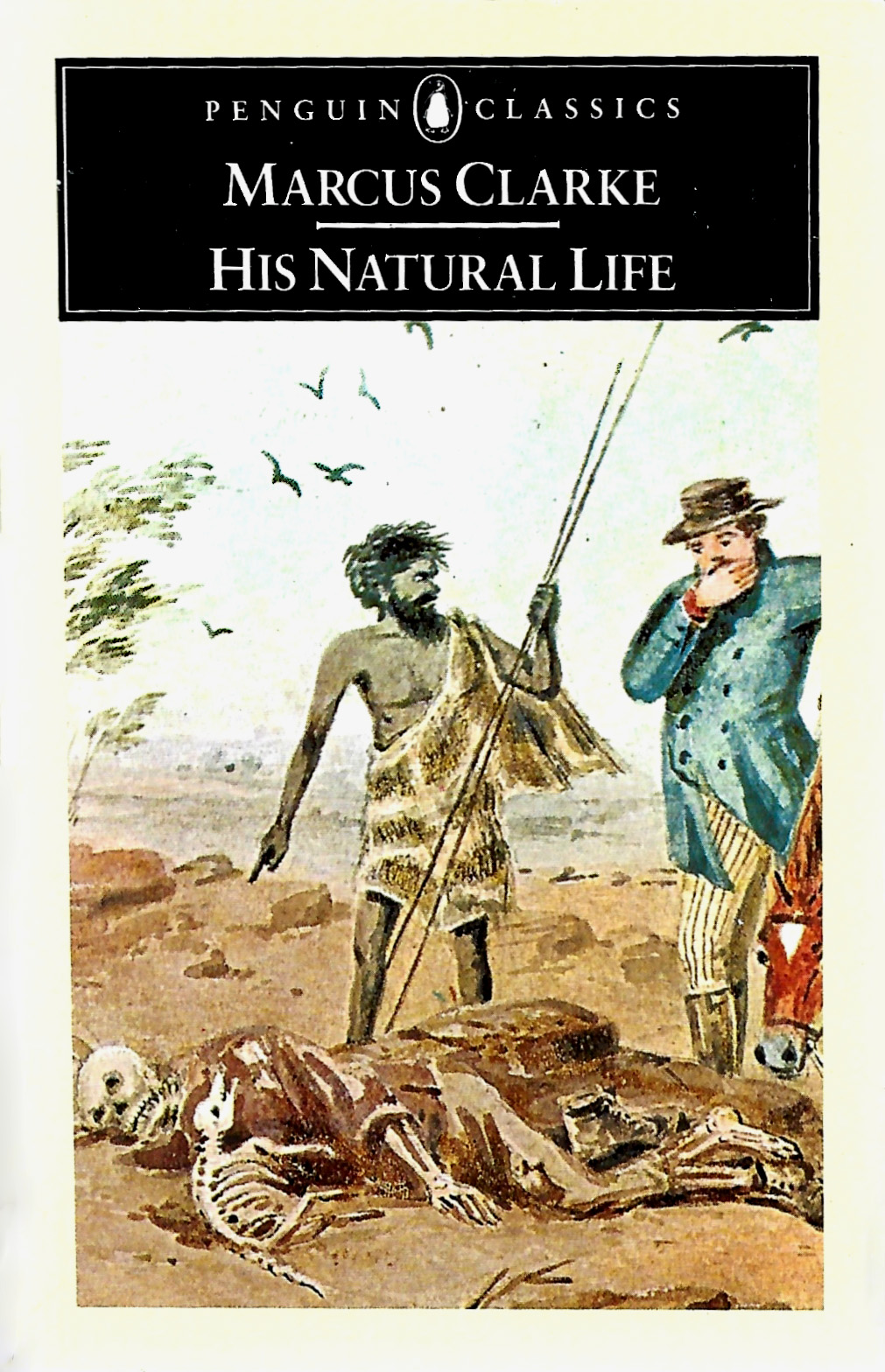What do you think?
Rate this book


927 pages, Paperback
First published January 1, 1874
It is impossible to convey, in words, any idea of the hideous phantasmagoria of shifting limbs and faces which moved through the evil-smelling twilight of this terrible prison-house. Callot might have drawn it, Dante might have suggested it…
The third blow sounded as though it had been struck upon a piece of raw beef, and the crimson turned purple.
“My God!” said Kirkland faintly, and bit his lips.
The flogging proceeded in silence for ten strokes, and then Kirkland gave a screech like a wounded horse. …
The lad's back, swollen into a hump, now presented the appearance of a ripe peach which a wilful child has scored with a pin.